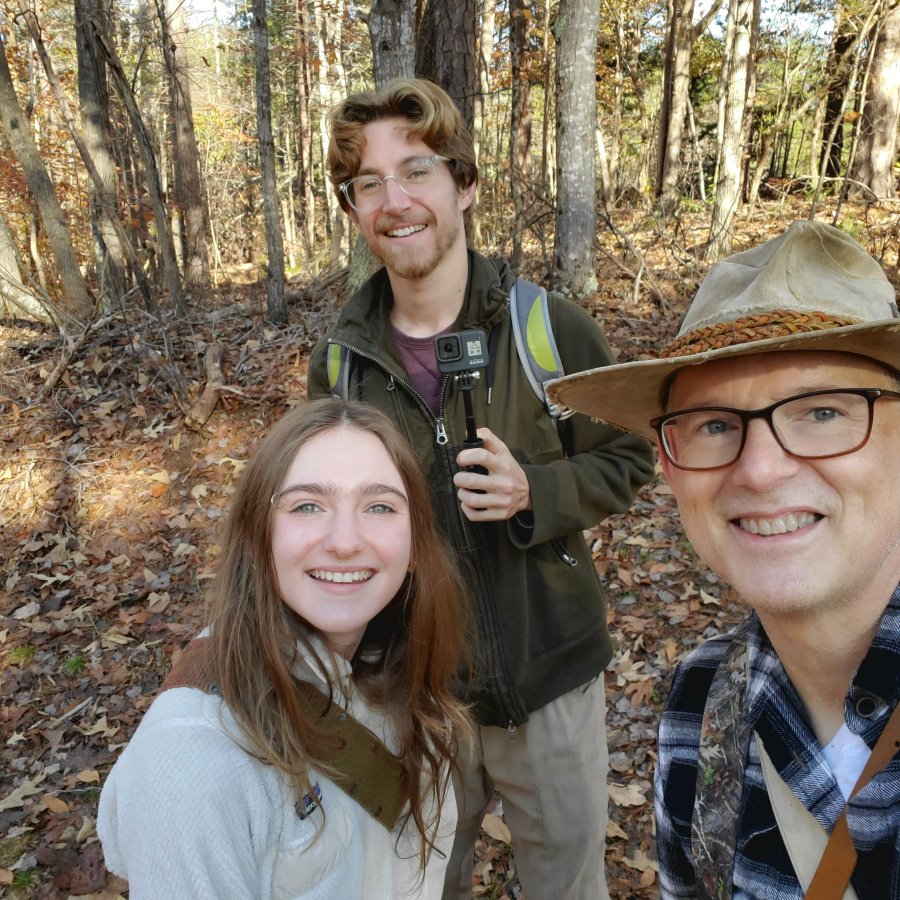Click here to sign up for daily motivational text messages!
...
Click here to sign up for daily motivational text messages! ...
special events for mettlecraft month in november
Walk the Richmond Marathon with us on November 10th. SIGN UP here!
Mettle Maker #373
What’s the weekly mettle maker? Training tips and educational information in support of our free programs, that’s what! What’s mettle? According the American Heritage Dictionary, mettle is, “The ability to meet a challenge or persevere under demanding circumstances; determination or resolve.”
Fitness — Which is best: Pull-up, Chin-up, or Commando Pull-up? They’re shown in order left to right in in the picture on the left. It’s from The Elements of Gymnastics for Boys, and of Calisthenics for Young Ladies by Gustavus Hamilton (1838). None is any better than the others — they’re just different, and they compliment each other. Pull-ups accentuate the shoulders and back, Chin-ups accentuate the biceps, and Commando Pull-ups accentuate core stability. Working all three ensures all-around pulling power and helps prevent overuse injury you might get from doing only one of the three types exclusively. Instead of doing three sets of a single type, try doing one set of each. You might be glad you did. Looking for a free fitness coach? We’re a 501c3 charity! Click here to sign up for our distance learning fitness program!
Martial Arts - How you train is how you fight. Don’t imagine that if you have to defend yourself you’ll somehow magically use all of the violent defensive attacks — head butt, shoulder check, foot stomp, etc. — that you never practice in sparring because the injury risk is too high. You actually have to train these techniques vs. your heavy bag! Watch the video on the right. There’s also a new video short regarding shoulder check. Get there. Want to learn more practical self-defense material? Join the club in Richmond, VA or click here to sign up for the Heritage self-defense distance learning program!
Here’s a way to spend more time outside — build yourself a log cabin like Fr. Mitch is doing in his back yard!
Wildwood Outdoor Skills — What’s the big deal about spending time outside? Being outside isn’t just relaxing. It reduces stress, cortisol levels, muscle tension and heart rates – all of which are risk factors for cardiovascular disease – and can increase focus and attention (Avitt 2021). Participants in one study reported a 64% increase in life satisfaction after spending just 20 minutes in a natural setting. No wonder -- spending time outside boosts Vitamin D levels, lowers blood pressure, improves sleep, relieves pain, and boosts immunity. It also reduces inflammation, which has been linked to numerous health problems, including cancer, autoimmune disorders, and depression (Singh 2019).
And the benefits aren’t just available to individuals. Cleaning up abandoned lots to plant trees and gardens, and introducing parks to high crime areas, improves relationships between neighbors, which results in reduced crime and depression rates. Just make sure you leave your cell phone in your pocket, and don’t wear earbuds. Unplugging from technology, especially social media, and giving your mind a much-needed break, gets your juices flowing. Really engaging with nature, paying full attention to the environment, recharges your batteries of attention, leading to increased creativity (Main 2012).
For a comprehensive outdoor skills program, click here to sign up for the Heritage Wildwood distance learning program!
Holy Communion is LIVE on YouTube every Sunday at 9AM EASTERn. Click HERE to watch live. To view and print a copy of the program for holy communion, CLICK HERE.
Homily for the Twenty-fourth Sunday of Ordinary Time, Sunday 9/17/23 – Father Mitch
Readings: Sir 27:30—28:7, Ps 103:1-2, 3-4, 9-10, 11-12, Rom 14:7-9, Mt 18:21-35
Matthew 18:21-35 World English Bible Catholic Edition
21 Then Peter came and said to him, “Lord, how often shall my brother sin against me, and I forgive him? Until seven times?”
22 Jesus said to him, “I don’t tell you until seven times, but, until seventy times seven. 23 Therefore the Kingdom of Heaven is like a certain king who wanted to settle accounts with his servants. 24 When he had begun to settle, one was brought to him who owed him ten thousand talents.§ 25 But because he couldn’t pay, his lord commanded him to be sold, with his wife, his children, and all that he had, and payment to be made. 26 The servant therefore fell down and knelt before him, saying, ‘Lord, have patience with me, and I will repay you all!’ 27 The lord of that servant, being moved with compassion, released him and forgave him the debt.
28 “But that servant went out and found one of his fellow servants who owed him one hundred denarii,† and he grabbed him and took him by the throat, saying, ‘Pay me what you owe!’
29 “So his fellow servant fell down at his feet and begged him, saying, ‘Have patience with me, and I will repay you!’ 30 He would not, but went and cast him into prison until he should pay back that which was due. 31 So when his fellow servants saw what was done, they were exceedingly sorry, and came and told their lord all that was done. 32 Then his lord called him in and said to him, ‘You wicked servant! I forgave you all that debt because you begged me. 33 Shouldn’t you also have had mercy on your fellow servant, even as I had mercy on you?’ 34 His lord was angry, and delivered him to the tormentors until he should pay all that was due to him. 35 So my heavenly Father will also do to you, if you don’t each forgive your brother from your hearts for his misdeeds.”
When children squabble and fight, every caregiver with a grain of common sense brings the children together to apologize and grant forgiveness. Every supervisor at every company has at some point brought together quarrelling employees and done the very same thing. Why is the importance of forgiveness so obvious, and yet, so often avoided?
We could try to argue that we grasp the wisdom of forgiveness because we’ve seen brutal, ever-escalating, revenge wars play themselves out between criminal gangs and crime syndicates. Or because we’ve seen families wrecked by never-ending feuds and arguments, and teen lives wrecked by situations where a slight leads to a slap, a slap leads to a stab, and a stab leads to a drive-by shooting. But that would be a faulty argument. The sensibility of forgiveness is logical, but it isn’t conscious. When we decide whether or not to forgive, we don’t think through the entire history of sociology, and go read Martin Buber’s great book on morality I and Thou before we take action. Forgiveness is far more fundamental than the intellect. It comes from a different place, a more instinctual place.
It’s so fundamental that primates, like chimps, bonobos, and gorillas, practice forgiveness. So do goats, hyenas, dogs, wolves, coyotes, crows, and even rats. Forgiveness and morality are so prevalent at every level of the animal kingdom that scientists credit evolution. Acclaimed primatologist Franz De Wall, in his famous book The Bonobo and the Atheist, makes this claim. But De Waal, and others like him, aren’t looking low enough, or deep enough, to see God’s hand in the reality upon which the forces of evolution are at play.
Forgiveness is wired into our very cells. Expert Everett L. Worthington, Jr. of Virginia Commonwealth University has devoted his entire life to the scientific study of forgiveness. Worthington’s research shows that lack of forgiveness for long periods of time leads to elevated blood pressure, heart rate, stress hormone production, and so on. And if those elevations go unchecked, Worthington says, they lead to mental health problems, reliance on alcohol and drugs, elevated cardiovascular risk, digestive, immune, and respiratory problems, sexual and reproductive issues, even physical damage to the structures of the brain.¹
The need to forgive is in our biology, but it didn’t evolve. Saying that forgiveness evolved is like saying that gravity evolved, or magnetism evolved. The laws of physics, and the laws of morality, have been built into the structure of the universe like the bricks in the foundation of a home. Forgiveness is found in the cellular structure of living things because it’s woven into the very fabric of reality by our Heavenly Father.
But because this world is fallen, God’s desire that we forgive – which cries out to us from the very heart of his creation! -- is imperfectly heeded by his creatures. Despite the fact that God has embedded the healing power of forgiveness into his universe we too often flee from it. Forgiveness brings peace to survivors of attack, peace to nations, neighborhoods, and broken families. Forgiveness heals hearts, repairs friendships, prevents the escalation of violence, and restores harmony between nations, saves lives.
Let us obey the natural law of forgiveness built into God’s creation, and obey the words of our Savior. Let us forgive those who trespass against us not seven times but seventy-seven times.







